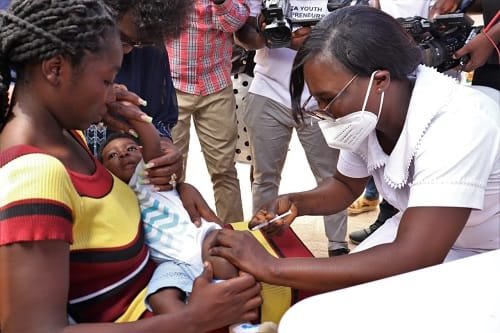
- North-West zone responsible for 76 per cent of attacks
By Kazeem Akolawole
A recent United Nations Children Fund (UNICEF) report shows that about 11,500 schools were shut down in 2020 due to series of attacks by bandits and terrorists in some parts of Nigeria.
The report, which was launched in Abuja titled: “Impact of School Attacks,” specifically indicated that the northwest geopolitical zone was responsible for 76 per cent of attacks on school facilities.
According to the report, “About 25 schools were attacked in 2021, and in the process, 1, 470 learners were abducted, 200 still missing, while the attacks discouraged over one million children from returning to schools”.
In northeast geopolitical zone, the report confirmed that organized armed group also unleashed terror on communities, in which large number of educational facilities were targeted and destroyed.
The report also noted that 108 head teachers were hit by bullets, shells, or shrapnel. In addition to that, 51 schools experienced armed actor attacks and 64 schools (10% of assessed) targeted by suicide bombing in 2021, noting that that UNICEF has taken measures in response to the devastating impact of the attacks on schools.
It further disclosed that UNICEF has engaged high level government and political actors on increased public financing for safe schools; strengthened coordination mechanism among education in emergencies actors.
“UNICEF has supported the development of cost, emergency responsive education sector plans in 33 of the 36 states and FCT, and had also supported states to implement risk informed CDRR and Emergency Preparedness, Resilience and Response (EPRR)”.
It also highlighted some of their barriers and bottlenecks which include lack of real-time data and tracking of school attacks and safety.
Others highlighted by the report include poor security infrastructure in schools which often make the schools soft target. It also highlighted the fact that schools are far from homes and that further exposed children to attacks, among several other factors.
It also raised concerns about the weak functionality of School-Based Management Committees (SBMCs), stating that only 67 per cent are functional to coordinate a school community response.


